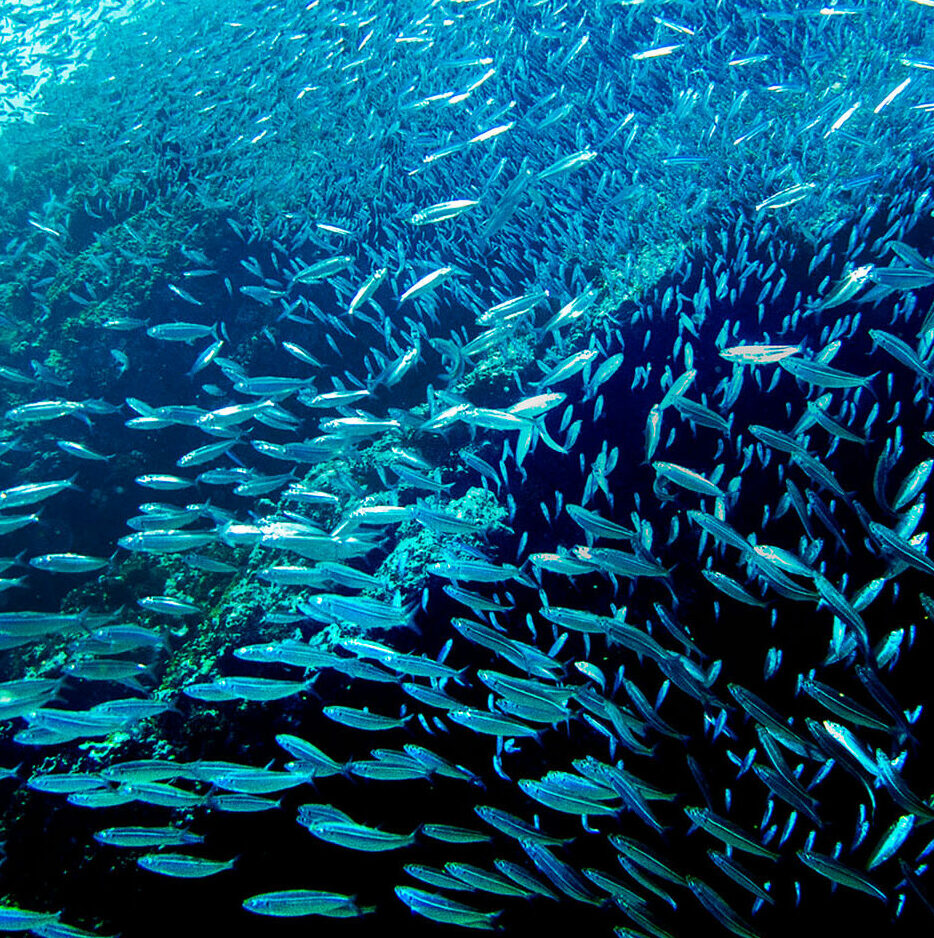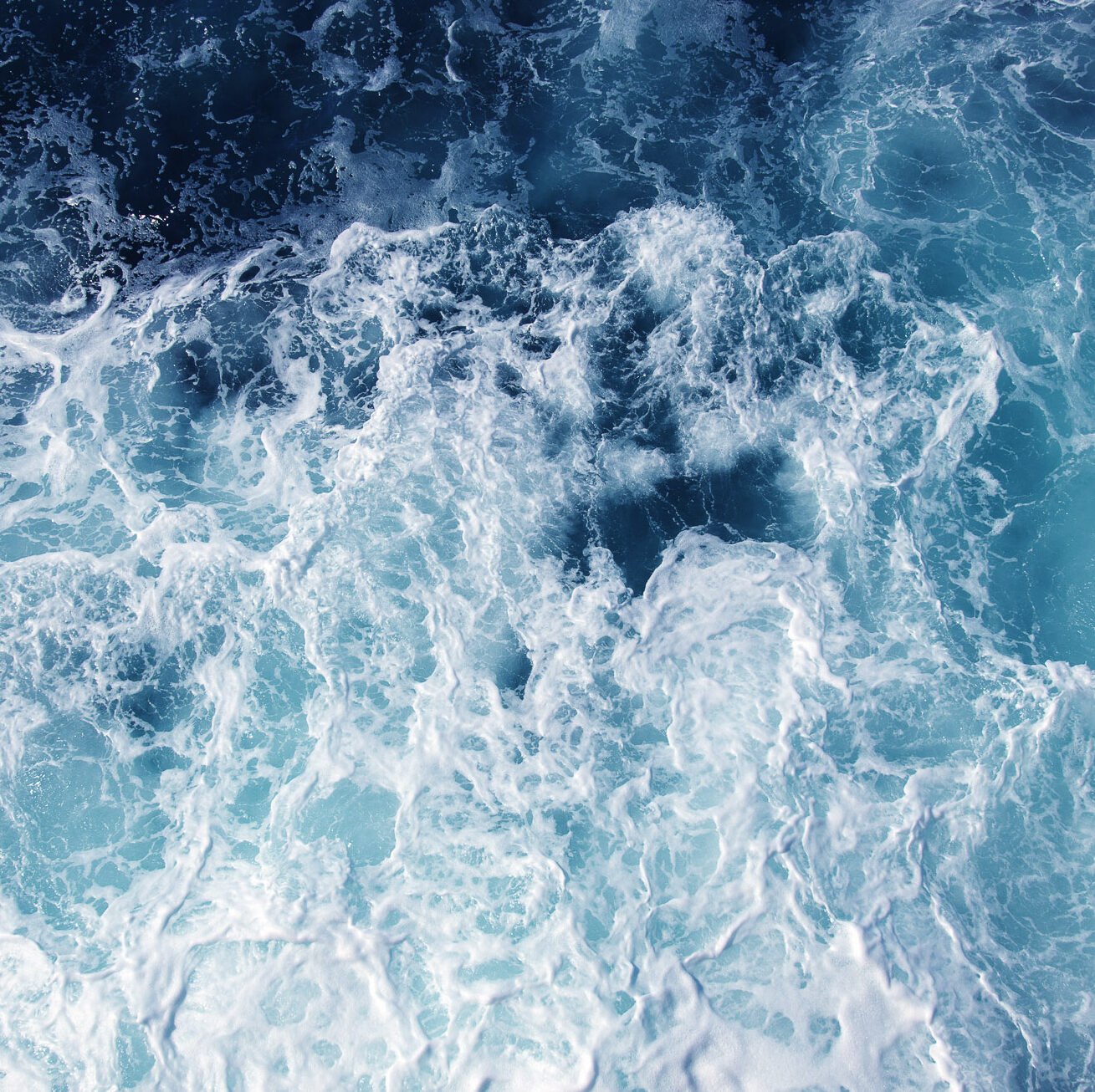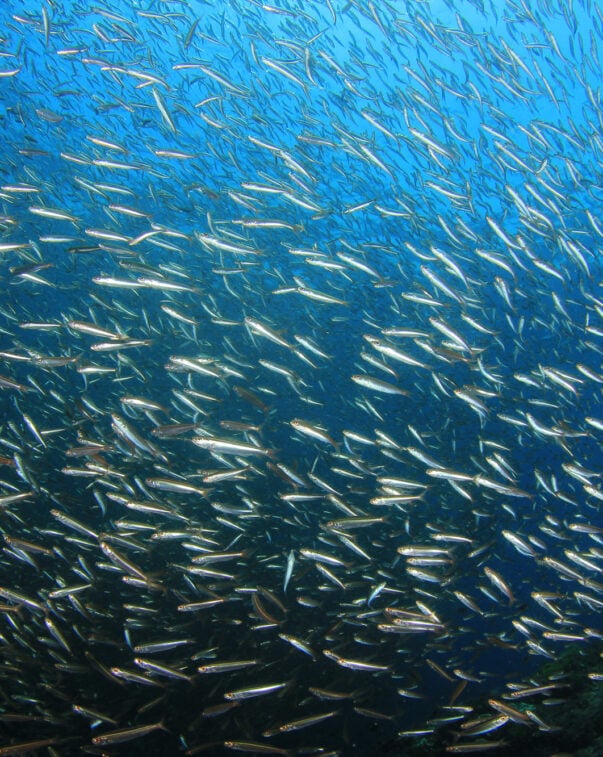Our ocean is threatened. Alternative seafood is one solution.

The United Nations Decade of Ocean Science for Sustainable Development
We are now one year into the United Nations Decade of Ocean Science for Sustainable Development. The Decade, which is coordinated by the Secretariat of the Intergovernmental Oceanographic Commission (IOC) of UNESCO, aims to enable “the science we need for the ocean we want.”
The establishment of the UN Ocean Decade comes on the heels of global efforts to protect the health of the planet’s ocean ecosystems. The international community has recognized the urgent need to protect a greater proportion of the ocean from commercial exploitation. In 2016, International Union for Conservation of Nature (IUCN) members from 170 countries committed to at least 30% percent of the ocean to be protected by 2030. Thus far, the interim target of protecting 10 percent of the ocean by 2020 proved elusive, with 7.9 percent of the ocean categorized as protected as of late 2021.
Given the slow movement toward the 30 by 30 goal, the United Nations is correct to prioritize essential scientific research as a tool for accelerating progress. What better way to do so than by moving a portion of seafood production out of the ocean? Scientific and market research to advance plant-based, cultivated, and fermentation-derived seafood is one essential tool to protect our oceans.
There is still much work to do to scale alternative seafood into a viable solution for ocean protection and this research is a key component of the science we need for the ocean we want.
Open-access foundational research
GFI has funded several projects over the past few years to increase the foundational body of knowledge in the alternative seafood research space. Through this year’s Competitive Research Grants Program, we supporting the following five promising research projects to establish cell lines, improve media, and create scaffolds for cultivated seafood:
In addition to the several projects above focused on cultivated seafood, GFI is funding research on plant-based seafood. The newest cohort of research projects include one led by Dr. Luciano Paulino Silva, a researcher at Embrapa. The work is aimed at using 3-D printing technology to create whole cuts of plant-based seafood products from pulses.
What’s next?
GFI recently called for research proposals aimed at generating cell lines for cultivated meat research, with specific attention paid to several seafood species.
Research to support the industry ecosystem
This year, we published our inaugural State of the Industry report on alternative seafood. A companion resource to the three State of the Industry reports published by GFI each year on each of the three alternative protein production platforms, the Alternative Seafood edition provides an overview of the global company landscape, investment trends, and exciting industry milestones. We also updated our action paper, An Ocean of Opportunity, to reflect the latest research supporting the need for alternative seafood and the latest developments in the industry.
Last year, we commissioned a consumer study on alternative seafood attitudes in the United States. We are currently replicating that research in several countries in the Asia Pacific region and will be releasing the results early in 2022. Also in 2022, we will publish a resource on key gaps in the sensory experience of plant-based seafood, based on the results of a consumer study and sensory panel on several plant-based seafood products.
Resources for research and the industry

Sustainable Seafood Initative
Along with funding and conducting specific research projects for the advancement of alternative seafood, GFI’s Sustainable Seafood Initiative houses and contributes to open-access resources available to all players within the alternative seafood space.

Solutions database
GFI’s Advancing Solutions for Alternative Protein (ASAP) database is an extensive list of existing and future bottlenecks as well as promising solutions for the field’s most pressing challenges. Several solutions are specifically tagged as relevant or specific to seafood. If you see other white spaces in the research not yet identified in the database, please get in touch!

PISCES/ATLAS database
We also maintain the PISCES/ATLAS database, which contains essential information for research and quantitative guidance for prioritizing seafood species archetypes for alternative seafood development. PISCES—short for Phylogenetic Index of Seafood CharactEriStics—organizes data according to phylogenetic relationships. The database contains essential resources for researchers and companies looking to develop alternative seafood. ATLAS—short for ArcheType Library for Alternative Seafood—focuses on archetypes, or groups of species that resemble the way seafood is presented in a culinary context. ATLAS scores seafood archetypes across several criteria to help you prioritize archetypes with the highest potential impact.
Remaining white spaces
The work highlighted above is a small portion of what must be done to accelerate the development and commercialization of alternative seafood. With plant-based seafood still representing less than 1 percent of retail sales for plant-based meat in the United States, the alternative seafood industry is still in its infancy.
Several technical gaps remain in this essential area for research for the ocean we want, including:
- Developing and ensuring access to cell lines for fish and shellfish
- Nutritional studies on alternative seafood, including better understanding sources and uptake of omega-3 fatty acids across production platforms
- Increased collaborations with marine research or conservation organizations, aquariums, aquaculture facilities, or even industrial or recreational fishers to ensure access to high-quality primary tissue
There are still numerous gaps in the non-technical research realm as well, including:
- Life Cycle Assessments, or other comparative analyses, on the environmental impacts of alternative seafood
- Consumer research across varied regions to better understand the role alternative seafood can play in meeting the needs of our global population
- Sensory studies to understand the current state of the industry and identify research and development priorities to achieve truly delicious end products
While GFI will continue identifying white spaces and funding research, the potential benefits of alternative seafood to our marine ecosystems warrants much larger investment than that of just one nonprofit organization. There is ample opportunity for governments, other nonprofit organizations, foundations, and others to support essential research towards advancing this industry.

Want to get involved but don’t know where to start?
Take a deep dive on all things alternative seafood and learn how you can get in touch.

